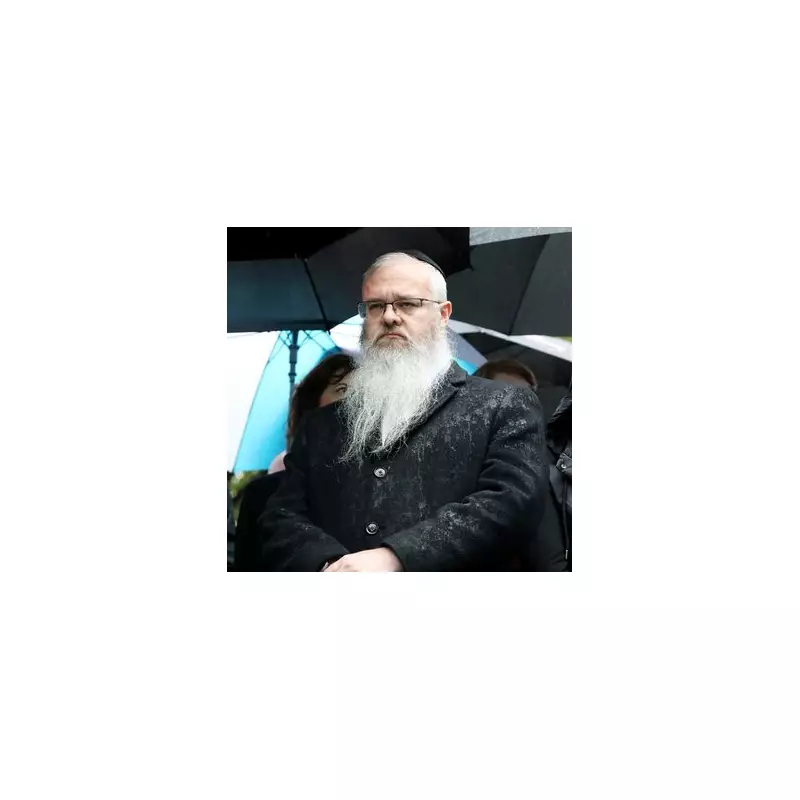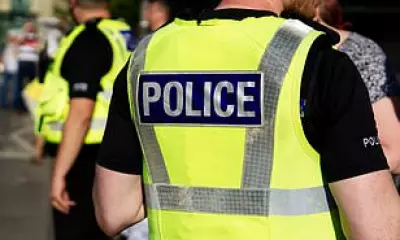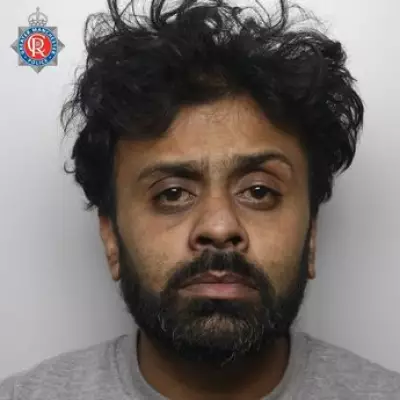
In a powerful display of courage, a Manchester rabbi has come forward with his extraordinary account of confronting Hamas supporters during a heated university demonstration. The incident, which unfolded at an unnamed university campus, saw the religious leader take a brave stand against what he describes as deeply concerning rhetoric.
The Tense Confrontation
Rabbi Yehuda, who leads a Jewish community in Manchester, found himself face-to-face with pro-Hamas demonstrators chanting the controversial phrase "from the river to the sea." Rather than remaining silent, the rabbi made the bold decision to engage directly with the protesters.
"I walked up to them and said, 'Do you know what that means? Do you know that means the destruction of Israel? That means my family being murdered?'" the rabbi recounted. His direct approach left the demonstrators momentarily speechless, creating a powerful pause in their chants.
Understanding the Impact
The rabbi explained the profound personal significance of the encounter, noting that many of his family members reside in Israel. "When they're calling for 'from the river to the sea,' they're calling for the destruction of my family," he stated emotionally.
This confrontation highlights the growing tensions on university campuses across the UK, where similar demonstrations have been occurring with increasing frequency since the October 7 attacks in Israel.
A Broader Concern for Jewish Students
Rabbi Yehuda expressed deep concern for Jewish students navigating these increasingly hostile environments. "Jewish students are feeling intimidated and frightened," he revealed, describing how many feel pressured to hide their identity or opinions on campus.
The Manchester community leader emphasized the importance of speaking out against hate speech and standing up for Jewish safety and rights in educational institutions.
The Aftermath and Response
Following the incident, the rabbi has become a vocal advocate for better protection of Jewish students and more balanced discourse on university campuses. His actions have sparked conversations about free speech, safety, and the boundaries of political expression in academic settings.
University authorities have been urged to take stronger stances against hate speech while maintaining environments conducive to open discussion and learning for all students.





